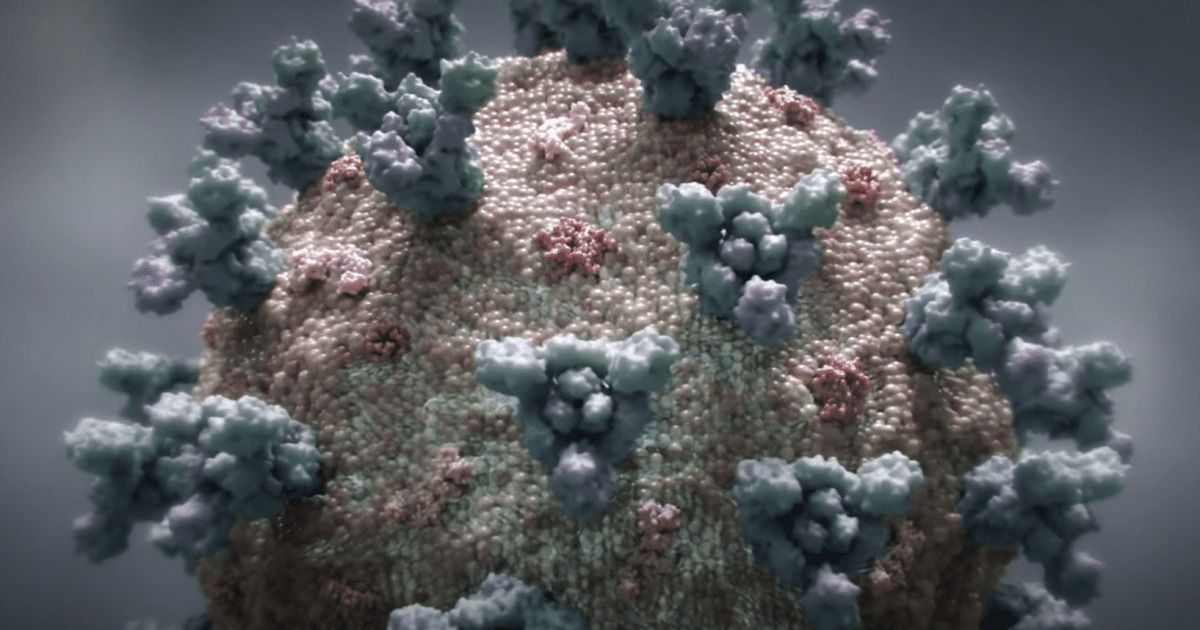An outbreak is happening as we speak…..
This time it’s in Washington D.C. and Dallas Texas.
According to reports, a “superbug” like fungus has been spreading inside one nursing home and hospitals in Washington D.C. and Dallas Texas.
The fungus is reportedly a harmful form of yeast.
Could we be seeing the outbreak of something serious here? Or is this an isolated incident?
Here’s what we know right now:
For the first time ever, researchers have reported cases of people carrying or infected with strains of the dangerous fungus Candida auris that were resistant to all classes of antifungal drugs before any treatment. https://t.co/gHqXE3tkgu
— STAT (@statnews) July 22, 2021
As Candida auris outbreaks pop up in various places, we must remember to keep working on developing new antifungals. The azoles and echinocandins continue to be amazing drugs, but we need additional options to prepare for the rapidly approaching future of resistance
— Shmuel Shoham (@ShohamTxID) July 22, 2021
The Associated Press had more in depth coverage:
“This is really the first time we’ve started seeing clustering of resistance” in which patients seemed to be getting the infections from each other, said the CDC’s Dr. Meghan Lyman.
The fungus, Candida auris, is a harmful form of yeast that is considered dangerous to hospital and nursing home patients with serious medical problems.
It is most deadly when it enters the bloodstream, heart or brain. Outbreaks in health care facilities have been spurred when the fungus spread through patient contact or on contaminated surfaces.
Candida auris is a fungus that spreads easily and can cause dangerous infections. New evidence is emerging that cases of C. auris resistant to all classes of antifungal drugs are spreading in health care settings. Read the report: https://t.co/EyhwSs9fT4 #cauris pic.twitter.com/dTxAZzUsxy
— CDC Emerging Infections (@CDC_NCEZID) July 23, 2021
Boston health officials are focusing like a laser beam on the #CandidaAuris fungus, particularly virulent and often untreatable. It appears to have been found in a Boston area nursing home and is highly contagious, often appearing in tandem with #DeltaVariant. This is major.
— Gerard Courcy (@hardcorehangout) July 23, 2021
Axios had more:
As detailed in the CDC’s MMWR report Thursday, small, independent clusters of pan-resistant C. auris infections were found from January to April this year: three in D.C. (out of 101 C. auris cases) and two in Texas (out of 22 cases).
“These clusters are the first time where we’re really concerned that it’s spreading,” Lyman says, as none of the patients had been exposed to echinocandin before.
“It’s most likely spread through contaminated health care surfaces, ” she says, which can include anything from beds, to mobile equipment, to shared PPE, to the hands from a health care worker if not properly sanitized.
Plus, not only does the CDC believe C. auris is underreported. But the rising number of known infections overall means there’s a “greater chance of having more resistance pop up,” Lyman says.



Join the conversation!
Please share your thoughts about this article below. We value your opinions, and would love to see you add to the discussion!